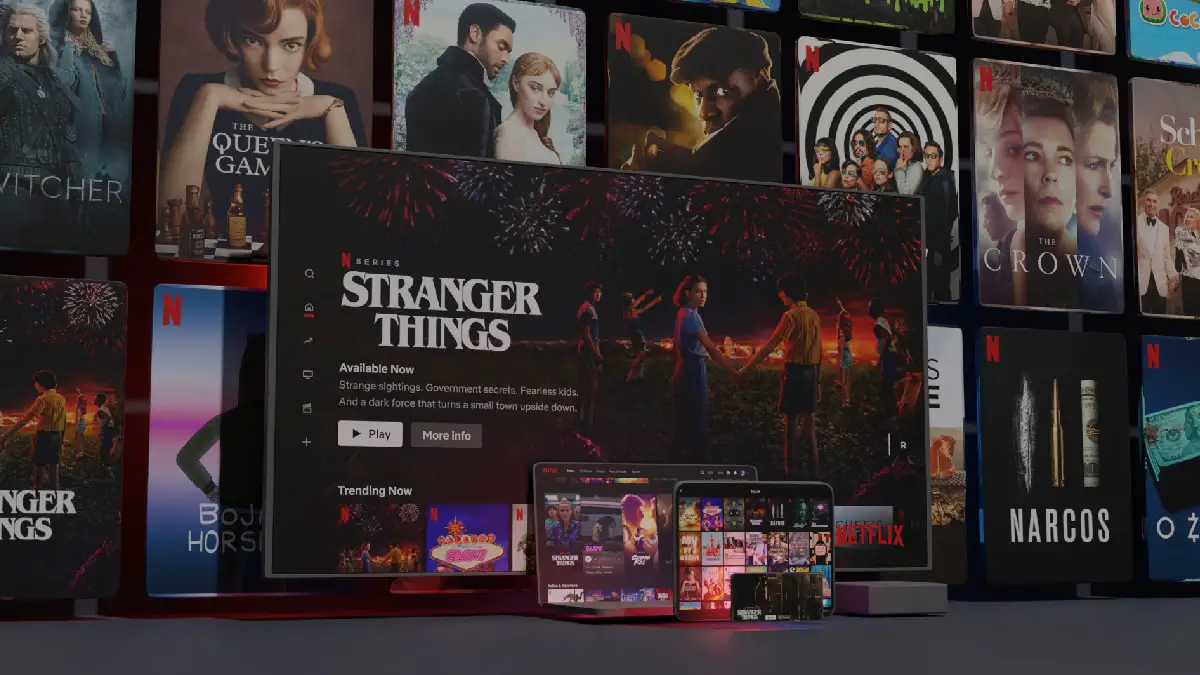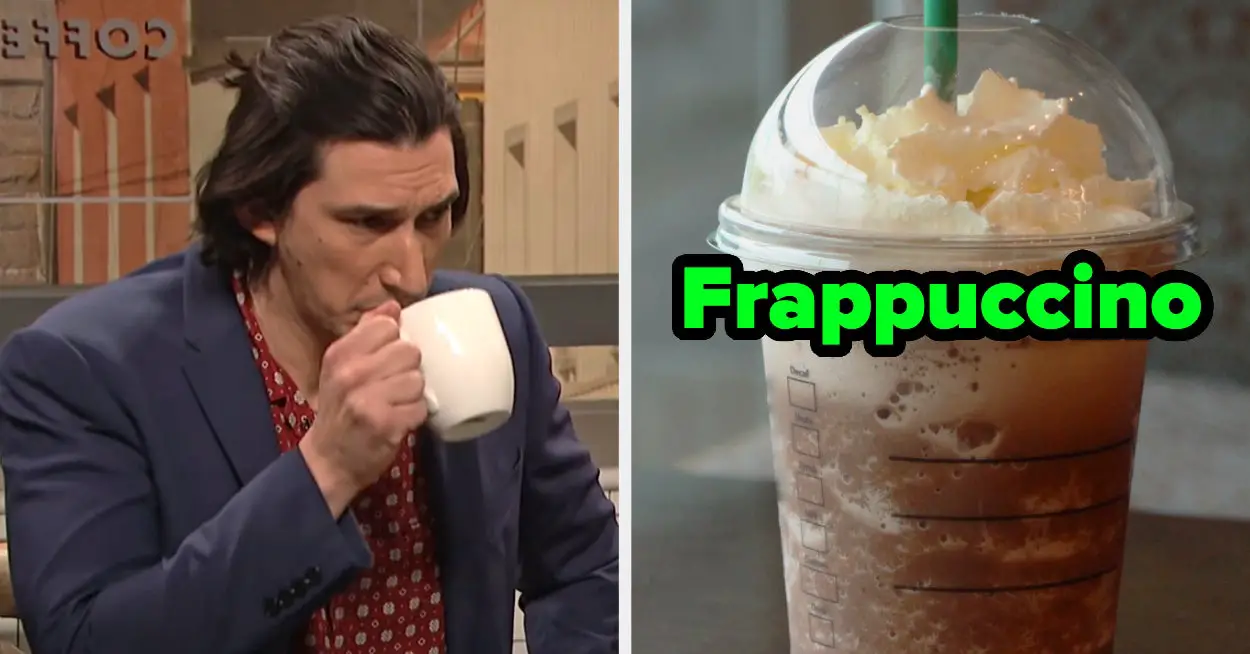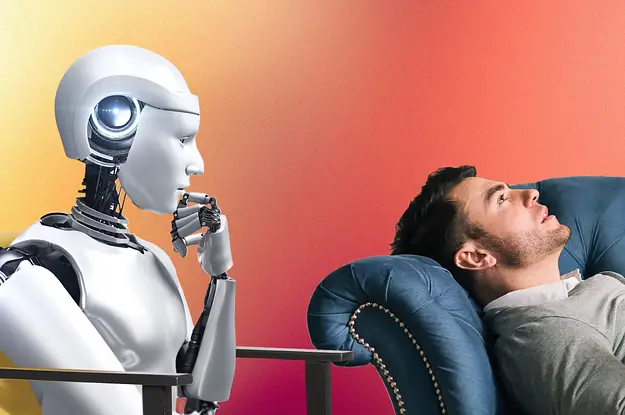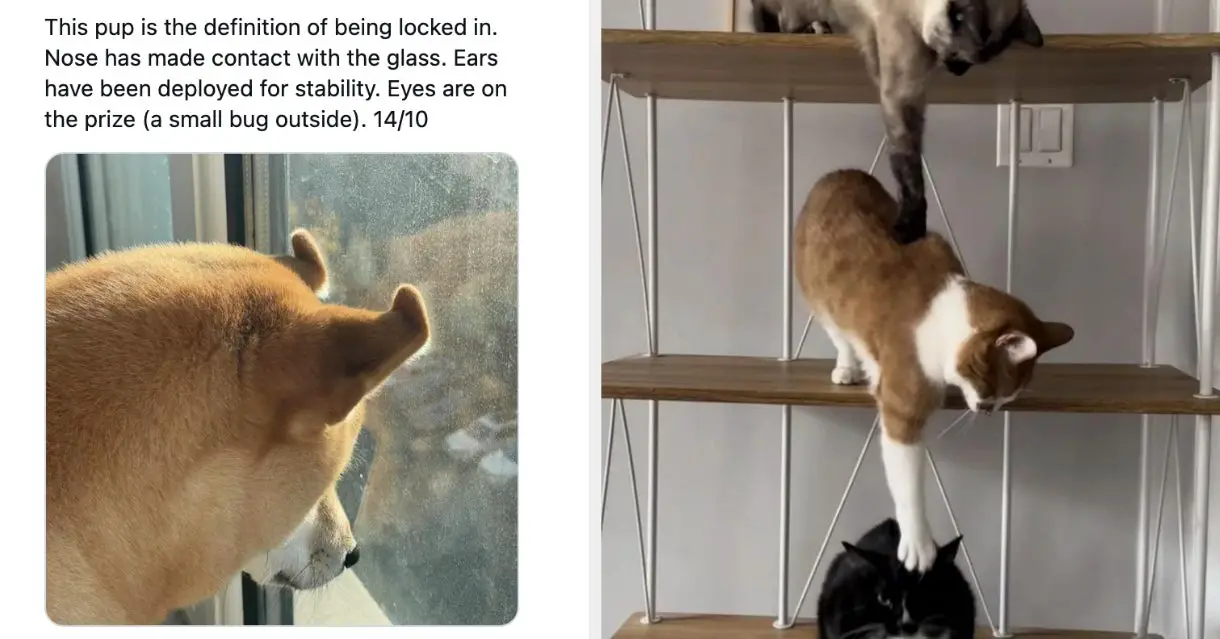from the first-do-no-harm dept
Scientists say that low earth orbit (LEO) satellite constellations like Starlink continue to pose a dire threat to astronomy and scientific research, and that too little is being done to address the issue.
Last fall, scientists declared satellite constellations an “existential threat for astronomy.” In short, the reflection and light pollution (Musk claimed would never happen in the first place) is making it far more difficult to study the night sky, a problem researchers say can be mitigated somewhat but never fully eliminated. Musk’s promises of a fix have, like many of his products, been a no show.
German researchers recently studied LEO satellites’ impact specifically on the Hubble telescope and the results weren’t great:
The research, led by Sandor Kruk from the Max Planck Institute for Extraterrestrial Physics in Germany, found that 3.7% of Hubble images taken from 2009 to 2020 were tarnished by satellite streaks. By 2021, this number had risen to 5.9%. There were 1,562 Starlink and 320 OneWeb satellites in orbit at the time, “increasing the population of satellites close to the orbit” of Hubble, the scientists write.
Things have gotten worse since this data. And of course there are numerous other companies, including Amazon, that are preparing to launch tens of thousands of additional LEO satellites in the next few years.
It’s worth noting that the newer Webb Space Telescope isn’t impacted, given it’s 932,000 miles away. But numerous ground based observatories have reported the same problems Hubble is experiencing, forcing them to implement costly and impractical countermeasures they say can’t scale with the growth of LEO deployments.
Space X and Starlink SpaceX recently entered into a voluntary coordination agreement with the US National Science Foundation (NSF) to try and mitigate some of the worst effects its Starlink satellite network is having on ground-based astronomy observations. The issue was forced by the Biden FCC, which wouldn’t give approval for Starlink’s 30,000 satellite launches until such a deal was struck.
Musk being Musk, and the FCC being, well, the FCC, there’s no guarantee that the effort ever amounts to much, that SpaceX and Starlink adheres to any requirements that come from the deal, or that the FCC will hold anybody accountable should Space X, Starlink, Amazon, or other politically influential companies fail to address concerns.
Filed Under: astronomy, broadband, Hubble telescope, leo, low earth orbit satellites, science, scientific research, starlink, webb telescope
Companies: spacex, starlink
Source link











Leave a Reply